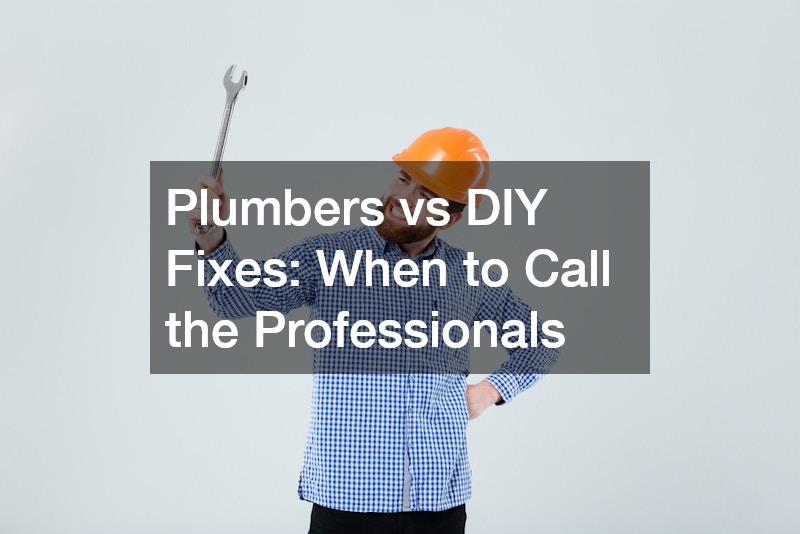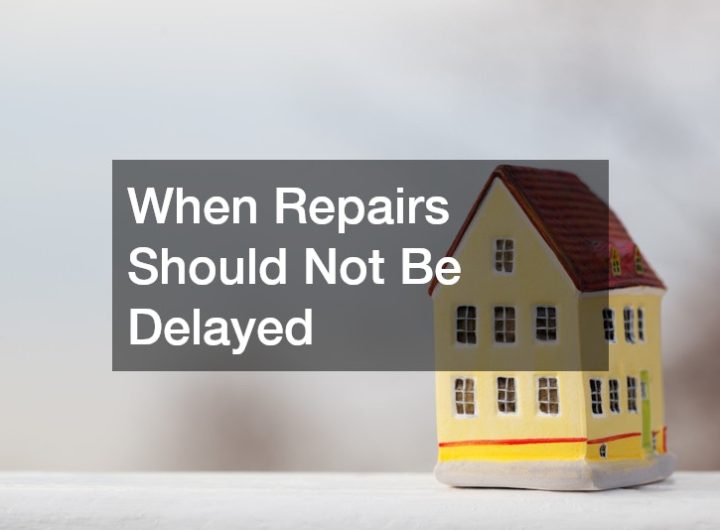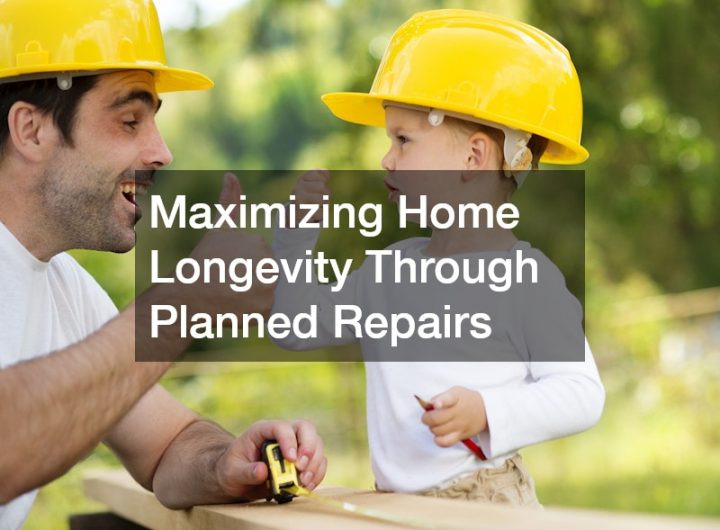
For many Australian homeowners, a leaking tap or blocked drain can seem like a minor inconvenience that’s easily handled with a spanner and a YouTube tutorial. While do-it-yourself plumbing might appear to save time and money, it’s not always the smartest or safest approach. Understanding the line between a simple fix and a complex plumbing issue can prevent costly damage, wasted effort and potential safety hazards. This article explores when it’s acceptable to roll up your sleeves and when it’s best to call in qualified plumbers.
The Rise of DIY Plumbing Fixes
Thanks to the rise of home improvement content online, more people than ever are attempting to take plumbing matters into their own hands. From tightening a loose pipe under the sink to clearing minor drain clogs with baking soda and vinegar, some basic fixes can be tackled by most homeowners.
These minor tasks don’t usually require specialist tools or knowledge and they can provide a sense of satisfaction when completed successfully.
DIY plumbing can be especially tempting in Australia, where water conservation is a national priority and plumbing issues like leaking taps can significantly waste water. In some cases, quick action by a homeowner to address a dripping fixture can save litres of water and reduce utility bills. However, while minor maintenance is acceptable, going beyond your comfort zone or attempting to resolve more complex problems can backfire.
Risks of Going DIY Without Expertise
The biggest danger with DIY plumbing is underestimating the scope of the problem. A leaking pipe may appear minor but could be indicative of a broader issue like corroded connections or water pressure problems. Misdiagnosing the issue and applying a quick fix might mask the symptoms temporarily while the underlying issue worsens.
Poorly executed DIY repairs can also lead to water damage, mould growth and structural issues. Even something as seemingly simple as using the wrong type of sealant or over-tightening a connection can cause long-term problems. Additionally, failing to comply with local plumbing codes or licensing requirements could result in fines or insurance claim denials.
In more serious cases, DIY plumbing attempts can lead to injury. Hot water systems, for example, involve pressure and heat that can cause burns or equipment failure if tampered with incorrectly. Similarly, cross-connections between potable and non-potable water sources can lead to contamination, posing serious health risks.
Jobs Best Left to Licensed Pipemen
Licensed pipe installers in Australia undergo extensive training to understand not only the mechanics of plumbing systems but also state and territory regulations. There are several situations where hiring a professional is not only recommended but required by law.
- Installation of New Fixtures or Appliances – Whether you’re adding a new dishwasher, installing a water heater or renovating a bathroom, these tasks typically involve connections to both the water supply and waste systems. Getting them wrong can void warranties and lead to expensive corrections.
- Persistent Drain Blockages – While plungers and drain snakes might work on surface-level clogs, recurring blockages often indicate deeper issues in the plumbing system. Professionals can use CCTV drain inspections and hydro-jetting to diagnose and clear stubborn clogs effectively.
- Burst Pipes and Major Leaks – These emergencies require immediate professional attention. A licensed plumber can isolate the source, assess the damage and ensure a compliant and lasting repair.
- Gas Fitting or Hot Water Repairs – In Australia, gas plumbing is highly regulated and only certified gasfitters should carry out work on gas lines or gas-powered appliances. Hot water system repairs also fall into this category due to safety risks.
- Backflow Prevention and Water Pressure Issues – These problems can affect your entire property’s water supply and are best addressed by certified experts who can assess system performance safely.
The Cost of Getting It Wrong
While DIY repairs might seem more economical upfront, the costs of a botched job can far exceed the price of hiring a professional from the beginning. Water damage restoration, mould remediation and structural repairs can quickly run into the thousands. Additionally, repeated DIY errors can reduce the lifespan of your plumbing system and require more frequent replacements.
Most insurance providers in Australia also require that plumbing work, especially on fixed systems, be completed by licensed plumbers to be eligible for cover. If an unlicensed repair results in damage, your insurer may reject the claim, leaving you liable for all repair costs.
How to Choose the Right Plumber

When you decide to hire a professional, make sure they’re properly licensed in your state or territory. Look for membership in associations such as the Master Plumbers Association or certifications from your local licensing authority. Checking online reviews, asking for references and confirming pricing up front will also help ensure you’re working with a reliable expert.
In addition, modern pipemen often provide preventative maintenance services. These proactive checks can help identify small problems before they escalate, giving homeowners peace of mind and saving money in the long run.
Understanding when to call in the experts is a vital skill for any homeowner. While there’s nothing wrong with replacing a worn washer or clearing a minor drain blockage, larger and riskier jobs should always be left to plumbing professionals. They have the tools, training and experience to resolve issues correctly the first time, ensuring your home remains safe, compliant and efficient.
 When Repairs Should Not Be Delayed
When Repairs Should Not Be Delayed  Maximizing Home Longevity Through Planned Repairs
Maximizing Home Longevity Through Planned Repairs  Is It Time for Me to Hire a Roofing Contractor?
Is It Time for Me to Hire a Roofing Contractor?  Do I Need to Hire Air Conditioning Services?
Do I Need to Hire Air Conditioning Services?  Everything You Need to Know About Window Drapes
Everything You Need to Know About Window Drapes